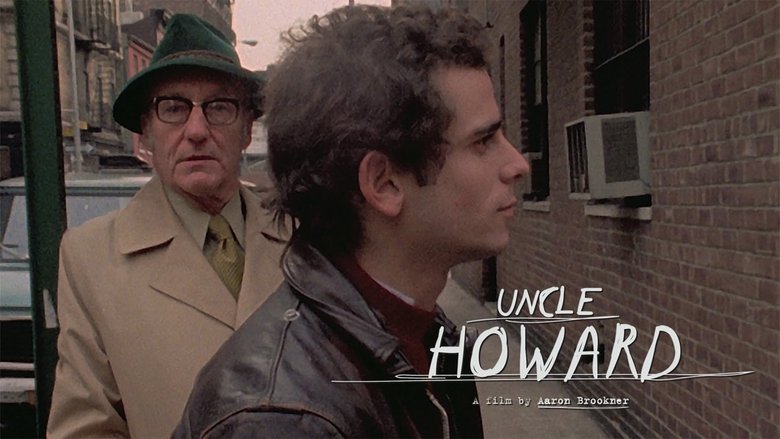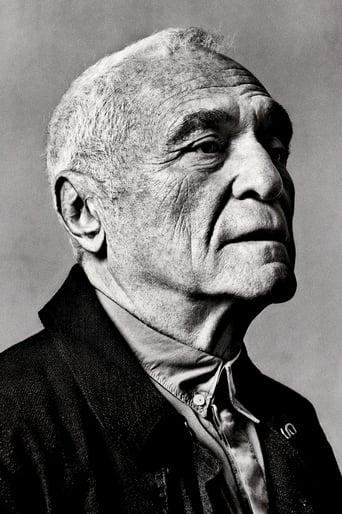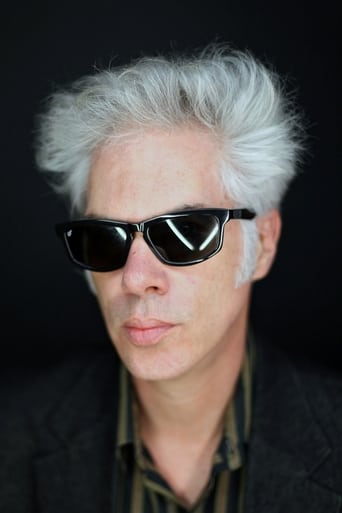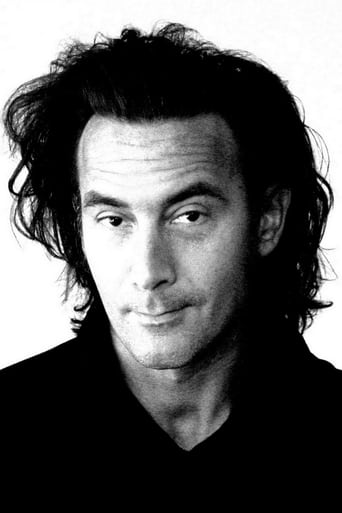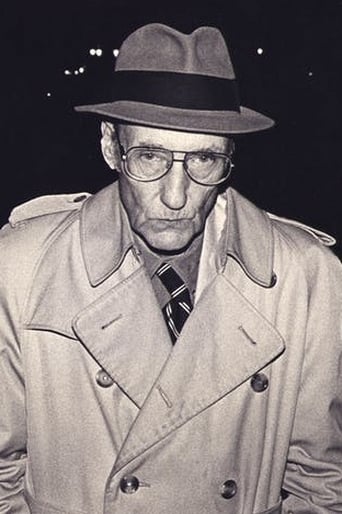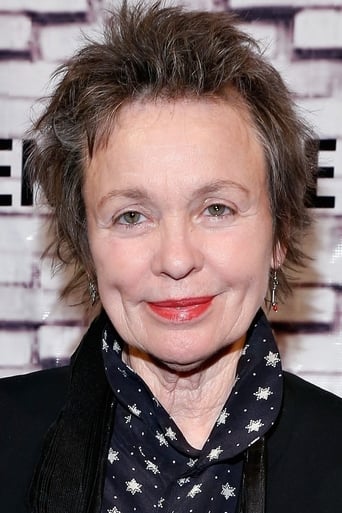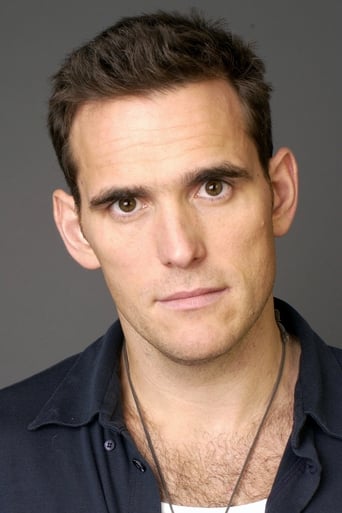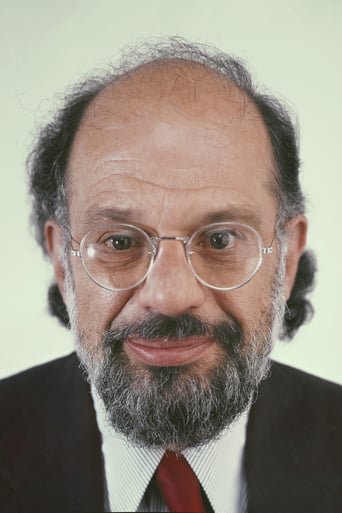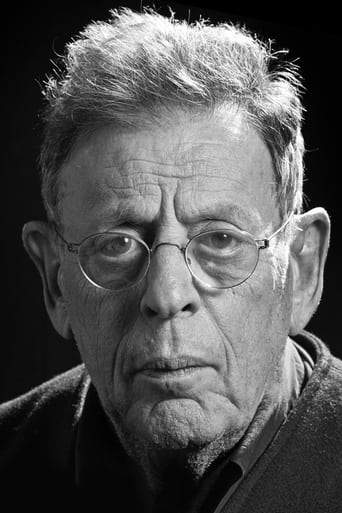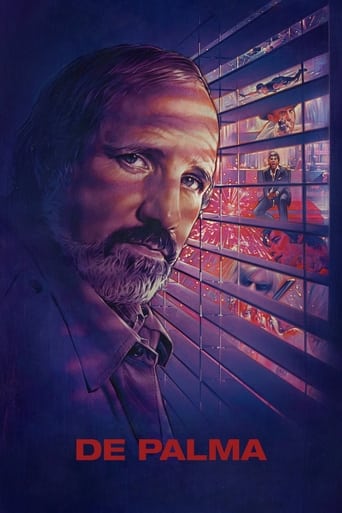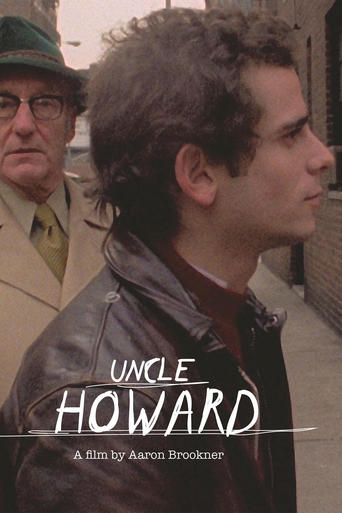
When Howard Brookner lost his life to AIDS in 1989, the 35-year-old director had completed two feature documentaries and was in post-production on his narrative debut, Bloodhounds of Broadway. Twenty-five years later, his nephew, Aaron, sets out on a quest to find the lost negative of Burroughs: The Movie, his uncle's critically-acclaimed portrait of legendary author William S. Burroughs. When Aaron uncovers Howard's extensive archive in Burroughs’ bunker, it not only revives the film for a new generation, but also opens a vibrant window on New York City’s creative culture from the 1970s and ‘80s, and inspires a wide-ranging exploration of his beloved uncle's legacy.
Similar titles
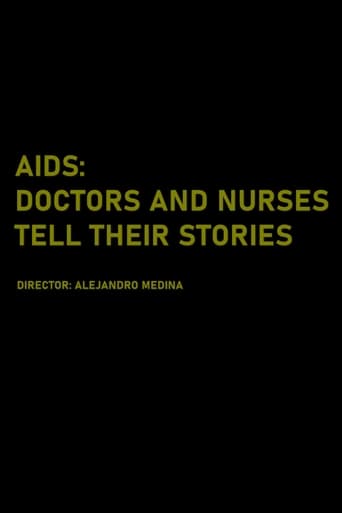
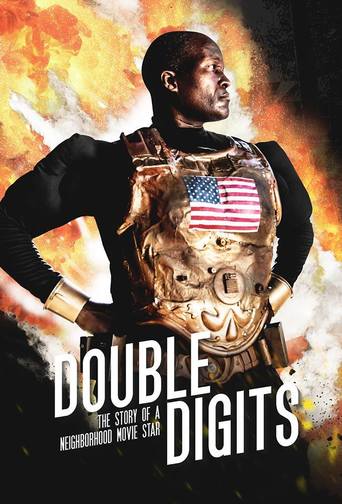
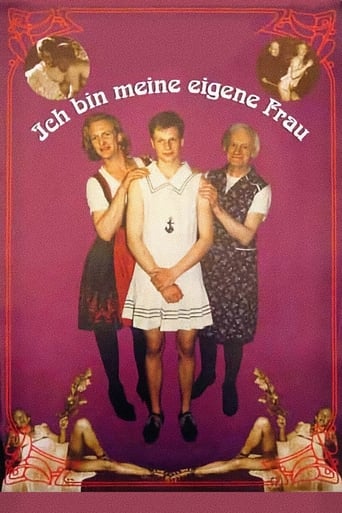

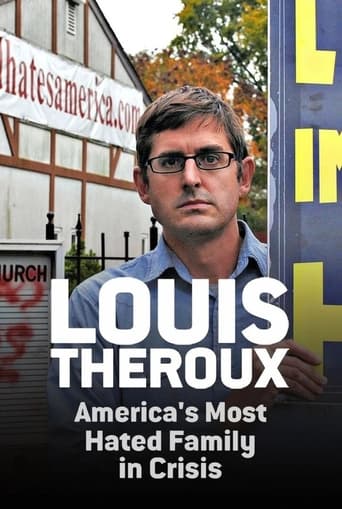
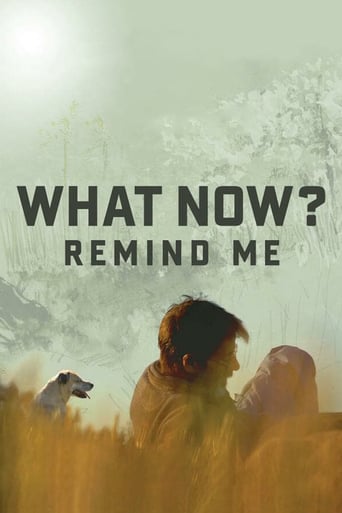
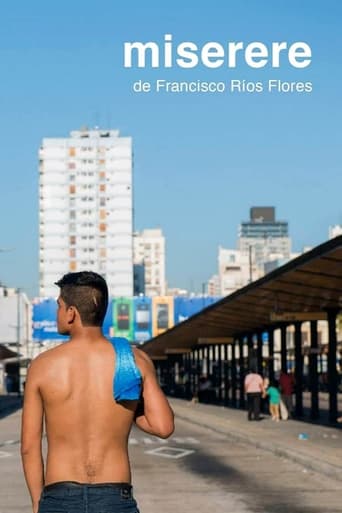
Reviews
To me, this movie is perfection.
Although it has its amusing moments, in eneral the plot does not convince.
The film never slows down or bores, plunging from one harrowing sequence to the next.
This is a coming of age storyline that you've seen in one form or another for decades. It takes a truly unique voice to make yet another one worth watching.
Going into this documentary, I don't think I had researched it as much as the other films I've picked to screen at SIFF 2016. I must've just seen "William Burroughs" & "Jim Jarmusch", threw my hands up & exclaimed, "That does it! I must see this!". Needless to say, the subject matter went above & beyond my simplistic expectations. While this is a movie about a nephew (Aaron Brookner) trying to piece together the life & works of his uncle, filmmaker Howard Brookner, it is also a movie about something much deeper & broader. While it was a delight to watch clips & outtakes from Howard Brookner's film Burroughs: The Movie, moments from home movies of Brookner's family, and follow the present-day storyline of Aaron Brookner delving into storage lockers, picking the brains of his uncle's friends, and trying to pry reels of film from the caretaker of Burrough's Bowery apartment "The Bunker", the real meat of the film was a much more poignant tale. In the smaller scope, it is a tale about what one man could accomplish in such a truncated life--about living to the fullest & doing what makes you happy, regardless what those around you may think. It is about a life cut short by AIDS. In the broader sense, it is an open-ended question with no possible answer--what did we, as a society, lose because of the AIDS crisis? While I cried tears of sorrow for a talent like Howard's taken too soon, for the palpable lasting sadness of his family & friends, for the anguish of those around me who lived through this and lost their loved ones & partners, I also cried tears of anger. What if those in power had taken this epidemic more seriously & much sooner? Would we be watching a retrospective of Howard Brookner's work made up of 15-20+ movies & not just 3? Could our culture have been guided towards acceptance of all our beautiful variations & colors more gracefully if a generation of thinkers, artists & unique souls had not been ravaged by this outbreak? It is impossible to inventory the scope of such a loss, unlike the boxes of celluloid rotting in a Bowery basement--but indeed, it is a profound loss that can never be recovered.
3/13/18. Lucky for Howard Brookner (who died of AIDS at the age of 34) that he had a nephew who happens to be a film maker to salvage his memory and his work. A somewhat decent documentary for those interested in William Burroughs, whose life was the subject of Howard Brookner's film that was never completed because of his death. Those interested in the Beat Generation, of which Burroughs was one of the better known writers of that time, may be interested in watching this.
Top Streaming Movies











